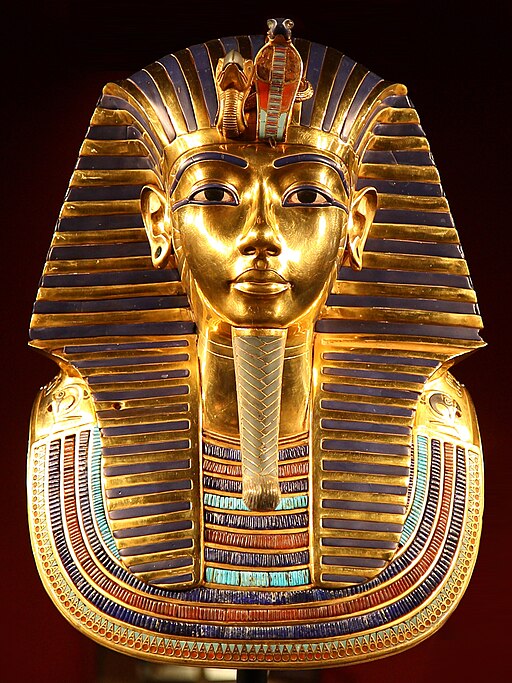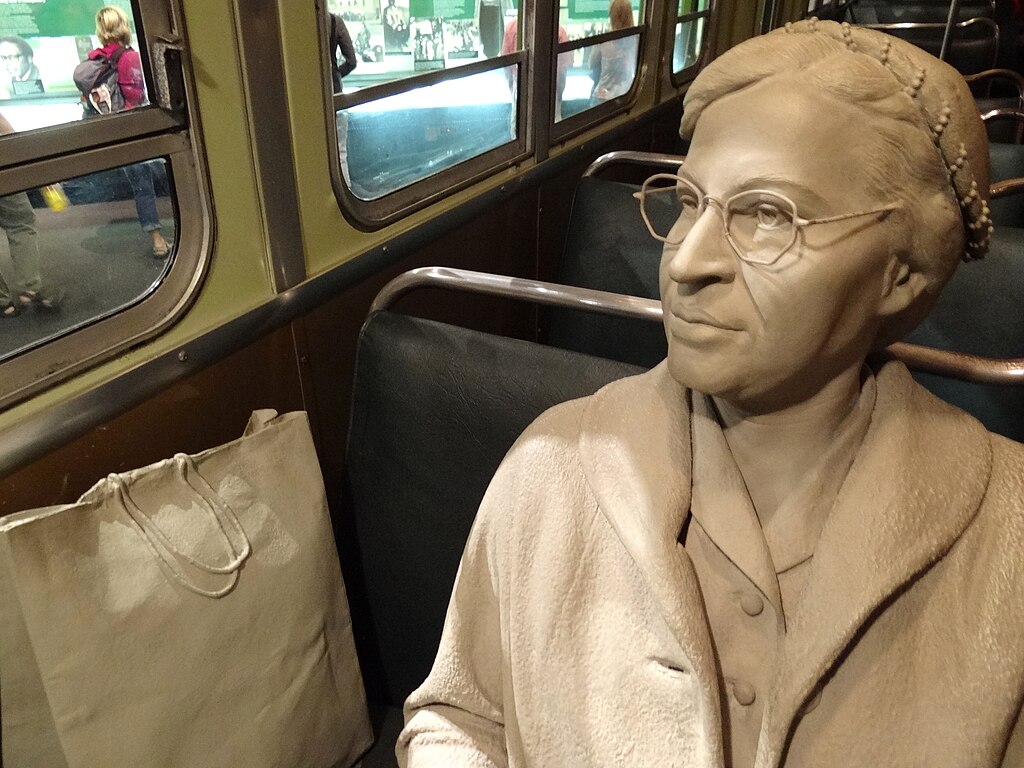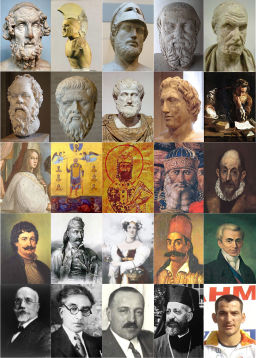
This silk bodice from the 1770s is from France and reflects the fashion of the period and the French style.
A bodice covered the body from the neckline to the waist and was a fashionable upper garment that was common in Europe during the 16th to the 18th century.
The term, Bodice, derives from a pair of bodies because the garment was initially made in two pieces that fastened together, often by lacing.
The bodice was different from the corset of the time because it was intended to be worn over the other garments.
In historical usage, a bodice indicates the upper part of a dress that was constructed in two parts but of matching fabric to wear the two pieces as a unit connected by hooks and eyes.
This fashionable garments had the advantages of allowing a voluminous skirt to be paired with a close-fitting bodice. The bodice was often stiffened with reeds or whalebone, to achieve an elegant shape and to support the bust.
A one-piece bodice became more frequent after 1900, due to the trend for looser, simpler constructed clothing with narrower skirts. Bodices survive into modern times in the traditional or folk dress.
They are also commonly seen today as the upper part of a stylish dress and designed to distinguish it from the skirt and sleeves.
Bodice
- Title: Bodice
- Date: 1775–85
- Geography: French
- Materials: Silk
- Museum: Metropolitan Museum of Art – MET
How to Dress 18th Century: 1780s-1790s Robe a l’Anglaise
18th Century Layers (1740-1770)
Explore the Metropolitan Museum of Art
MET European Paintings Collection
- “Pygmalion and Galatea” by Jean-Léon
- “Saint Jerome as Scholar” by El Greco
- “Portrait of Juan de Pareja” by Diego Velázquez
- “Camille Monet on a Garden Bench” by Claude Monet
- “View of Toledo” by El Greco
- “The Musicians” by Caravaggio
- “The Death of Socrates” by Jacques-Louis David
- “The Harvesters” by Pieter Bruegel the Elder
- “Young Woman Drawing” by Marie-Denise Villers
- “The Grand Canal, Venice” by J. M. W. Turner
- “The Houses of Parliament (Effect of Fog)” by Claude Monet
- “Madame Cézanne in a Red Dress” by Paul Cézanne
MET Modern and Contemporary Art Collection
- “Reclining Nude” by Amedeo Modigliani
- “Improvisation 27 (Garden of Love II)” by Wassily Kandinsky
- “Jeanne Hébuterne” by Amedeo Modigliani
- “The Card Players” by Paul Cézanne
- “Bathers” by Paul Cézanne
MET Greek and Roman Art Collection
- Statue of a Kouros
- Amathus Sarcophagus
- Mycenaean Terracotta Female Figures
MET Egyptian Art Collection
- The Temple of Dendur
- The Sphinx of Hatshepsut
- William the Faience Hippopotamus
MET Asian Art Collection
- Luohan – Yixian Glazed Ceramic Sculpture
- Pillow with Landscape Scenes – Zhang Family Workshop
- Jar with Dragon
MET Ancient Near Eastern Art Collection
- Sumerian Standing Male Worshiper
- Head of a Beardless Royal Attendant – Eunuch
- Human-Headed Winged Bull (Lamassu)
MET American Wing Collection
- “Washington Crossing the Delaware” by Emanuel Leutze
- “Portrait of Madame X” by John Singer Sargent
- “Mother and Child” by Mary Cassatt
- “Fur Traders Descending the Missouri” by George Caleb Bingham
- “The Gulf Stream” by Winslow Homer
MET Islamic Art Collection
- Blue Qur’an
- Marble Jar of Zayn al-Din Yahya Al-Ustadar
- The Damascus Room
MET Arts of Africa, Oceania, and the Americas Collection
- Benin Ivory Mask
- African Face Mask – Kpeliye’e
- Sican Funerary Mask – Peru
- Ceremonial Axe – Papua New Guinea
MET European Sculpture and Decorative Arts Collection
- “Hercules the Archer” by Antoine Bourdelle
- “Orpheus and Eurydice” by Auguste Rodin
- “Perseus with the Head of Medusa” by Antonio Canova
MET Medieval Art Collection
- “The Last Supper” by Ugolino di Nerio
- Plaque with the Journey to Emmaus and Noli Me Tangere
- Doorway from the Church of San Nicolò, San Gemini
MET Drawings and Prints Collection
- Album of Tournaments and Parades in Nuremberg
- “Canvassing for Votes” by William Hogarth
- “Christ and the Woman of Samaria” by Rembrandt
MET Costume Institute Collection
- Bodice
- Cardinal Cape
- Doublet
MET Arms and Armor Collection
- Blade and Mounting for a Sword (Katana)
- Double-Barreled Flintlock Shotgun
MET Photograph Collection
- Loie Fuller Dancing
- Sala Delle Statue, Vatican
- Gardner’s Photographic Sketchbook of the War
MET Musical Instrument Collection
- Ming-Dynasty Pipa
- Grand Piano
- Bass Fluegel Horn in B-flat
Explore the MET
- Masterpieces of The Metropolitan Museum of Art – MET
- The MET Cloisters
- Met Breuer
- Metropolitan Museum of Art – MET
Getting dressed in the 18th century
~~~
“Fashion is about dressing according to what’s fashionable.
Style is more about being yourself.”
– Oscar de la Renta
~~~
Photo Credit: 1) Metropolitan Museum of Art [CC0], via Wikimedia Commons
Popular this Week








 Sponsor your Favorite Page
Sponsor your Favorite Page SEARCH Search for: Search Follow UsJoin – The JOM Membership Program
Sponsor a Masterpiece with YOUR NAME CHOICE for $5
Share this:
- Tweet
